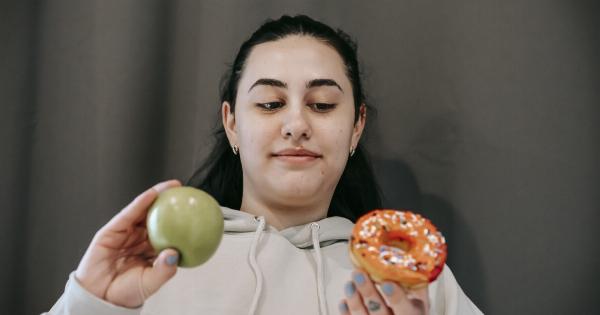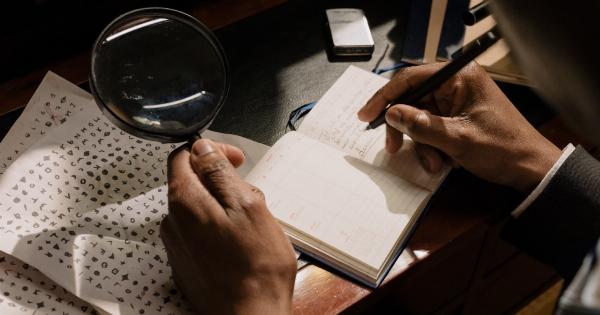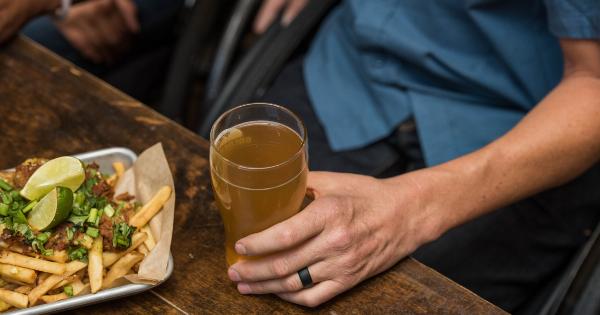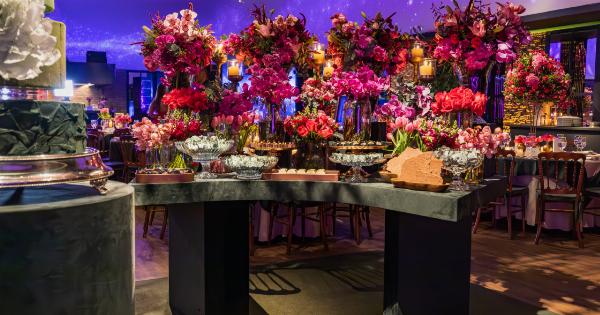For many people, the day doesn’t truly start until they’ve had their first cup of coffee. The rich, robust flavors and the energizing effects of caffeine make coffee a beloved beverage around the world.
But have you ever wondered why some people seem to love coffee more than others? The answer lies in our genetics.
The Role of Genetics in Coffee Preference
Studies have shown that our genes play a significant role in determining whether we will develop a preference for coffee or not. Specifically, a gene variant called PDSS2 has been identified as the key player in coffee preference.
This gene is responsible for how our bodies metabolize caffeine.
People with a particular variant of the PDSS2 gene metabolize caffeine slower than others. As a result, they tend to experience the positive effects of caffeine, such as increased alertness and improved cognitive function, for a longer duration.
This extended euphoric state is often associated with the love for coffee.
On the other hand, individuals with a different variant of the PDSS2 gene metabolize caffeine faster. This means they experience the energizing effects of coffee for a shorter span.
As a result, they may not develop the same affinity for coffee as those with the slower metabolizing variant.
The Influence of Taste Genes
While the PDSS2 gene plays a significant role in coffee preference, it is not the only genetic factor at play. Our ability to perceive flavors is also determined by our genes.
TAS2R receptors are responsible for our taste perception, and certain variations of these receptors make individuals more sensitive to the bitterness of coffee.
Interestingly, those who have a higher sensitivity to bitterness are more likely to dislike coffee. This aversion to bitter tastes can be attributed to genetic factors and may prevent certain individuals from developing a love for coffee.
Genetics, Aroma, and Coffee Appreciation
Coffee’s irresistible aroma is another factor that influences our love for this beverage. The ability to perceive and appreciate aromas is also influenced by genetic factors.
Olfactory receptors, particularly the OR6A2 gene, play a crucial role in our sense of smell.
Some individuals possess a gene variant that makes them more sensitive to the unique aromas of coffee. This heightened olfactory perception allows them to fully appreciate the complex and enticing scents of various coffee blends.
Consequently, they may develop a stronger attachment to coffee due to the delightful sensory experience it provides.
The Psychological Aspect
While genetics play a significant role in coffee preference, our love for coffee is not solely determined by our genes. Psychological factors also come into play.
The association between coffee and positive experiences, such as socializing or enjoying a moment of relaxation, can influence our affinity for this beverage.
Furthermore, cultural and environmental factors also shape our coffee preferences.
Growing up in a coffee-loving family or in a region where coffee is a prominent part of the local culture can contribute to developing a fondness for coffee, regardless of genetic predispositions.
The Future of Coffee Genetics
Understanding the genetic factors behind coffee preference is not just a matter of curiosity; it also has practical applications.
By studying our genes and their relationship to coffee, researchers hope to develop personalized coffee recommendations tailored to an individual’s genetic makeup.
Imagine a future where you can have the perfect cup of coffee tailored specifically to your genetic preferences.
By analyzing your genes, scientists may be able to determine the ideal brewing method, coffee bean variety, and even the addition of specific flavors to enhance your personal coffee experience.
Conclusion
Our love for coffee is a complex interplay of genetics, taste perception, and psychological influences.
While genes like PDSS2, TAS2R, and OR6A2 play a significant role in determining our affinity for coffee, it is essential to remember that our love for this beloved beverage is determined by a multitude of factors.
Whether you are a coffee connoisseur or someone who prefers other beverages, understanding the genetic basis behind coffee preference provides valuable insights into our individual differences and the rich tapestry of human tastes.



























